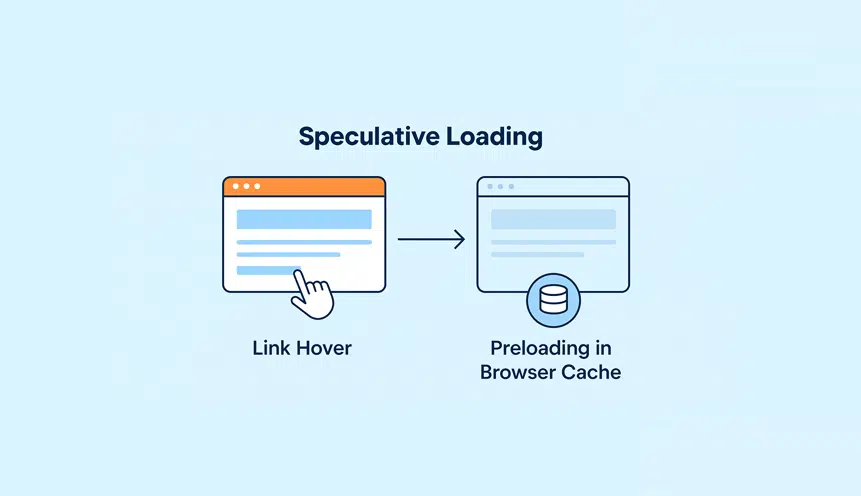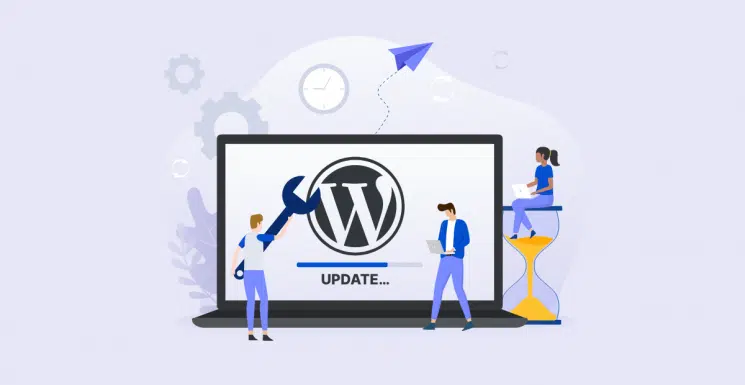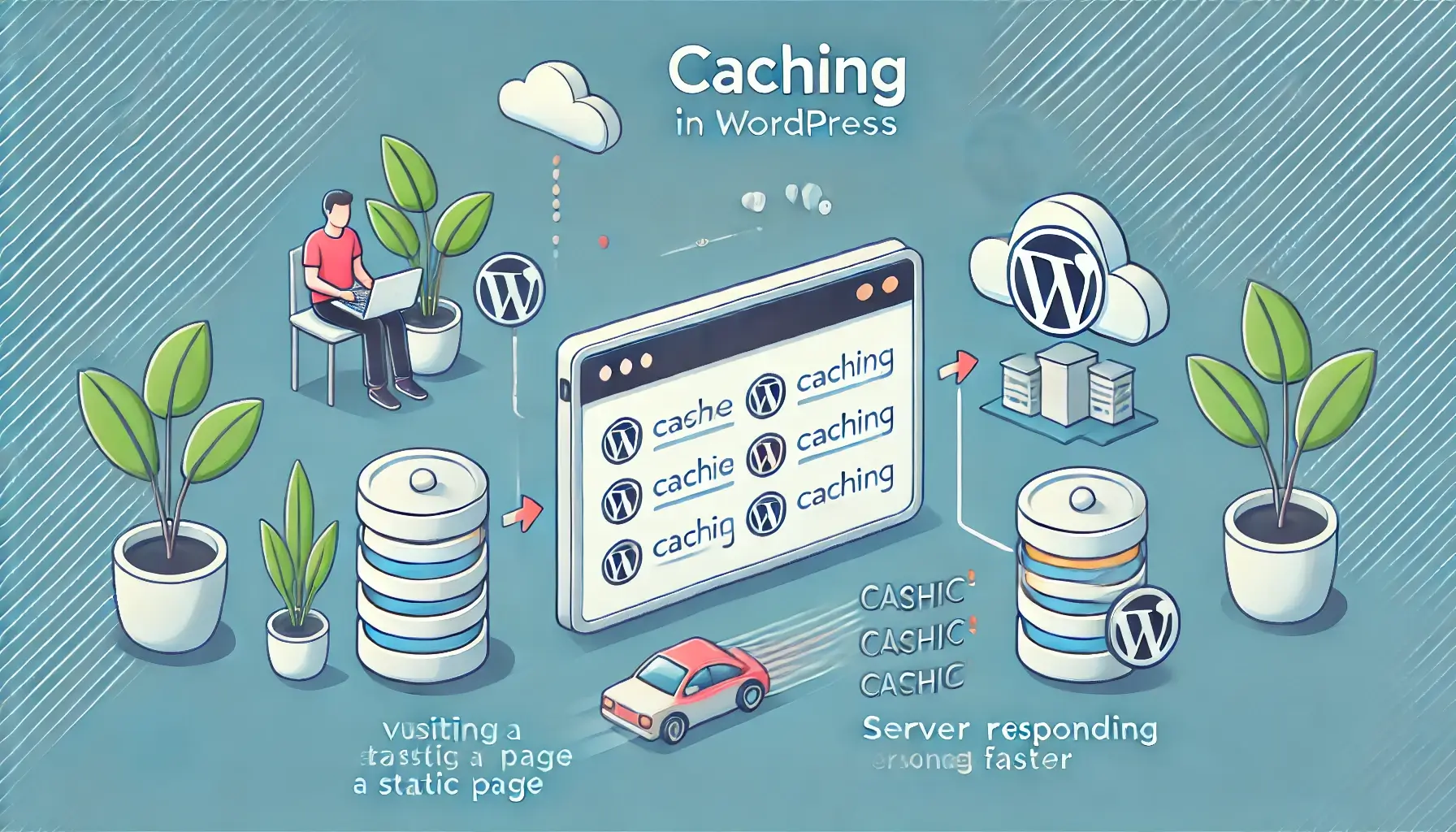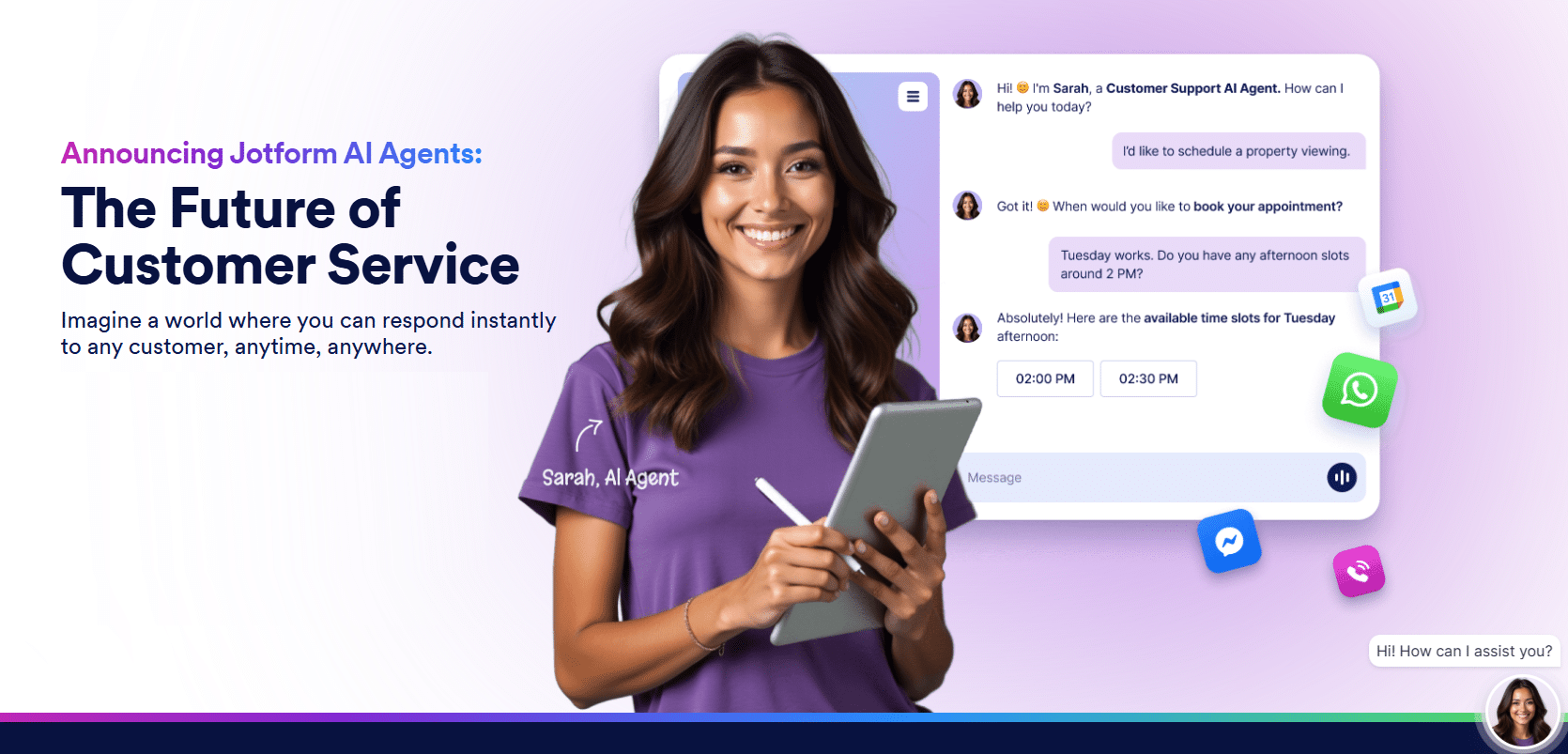In the world of website creation and management, WordPress stands out as one of the most popular and versatile platforms available. As of 2024, it powers over 40% of all websites on the internet.
This prevalence underscores the demand for professionals who have mastered the platform, known as WordPress Experts. This comprehensive guide will explore what it means to be a WordPress Expert, the skills required, and how to become one.
Understanding WordPress
What is WordPress?
WordPress is an open-source content management system (CMS) that allows users to create, manage, and publish content on the web.
It started as a blogging platform in 2003 but has since evolved into a full-fledged website builder capable of handling a wide range of website types, from simple blogs to complex e-commerce sites.
Why WordPress?
- User-Friendly: WordPress is known for its intuitive interface, making it accessible to beginners.
- Flexibility: With thousands of themes and plugins, WordPress can be customized to fit virtually any need.
- Community Support: A large, active community of developers and users provides continuous support and development.
- SEO-Friendly: WordPress is built with search engine optimization (SEO) in mind, helping websites rank better in search results.
Who is a WordPress Expert?
A WordPress Expert is a professional who possesses extensive knowledge and experience in developing, customizing, and managing WordPress websites.
They are adept at leveraging the platform’s full potential to create high-performing, visually appealing, and user-friendly websites.
Key Skills of a WordPress Expert
- Technical Proficiency:
- HTML, CSS, and JavaScript: Understanding these core web technologies is essential for customizing themes and improving site functionality.
- PHP: WordPress is built on PHP, so proficiency in this scripting language is crucial for developing custom themes and plugins.
- MySQL: WordPress uses MySQL for database management, so knowledge of database design and optimization is important.
- Theme and Plugin Development:
- Theme Development: Ability to create custom themes from scratch or modify existing ones to suit specific needs.
- Plugin Development: Developing custom plugins to extend the functionality of WordPress sites.
- SEO and Digital Marketing:
- SEO Best Practices: Understanding how to optimize WordPress sites for search engines to drive organic traffic.
- Content Marketing: Knowledge of creating and promoting content to engage audiences and drive conversions.
- Security and Performance:
- Security Best Practices: Implementing measures to protect WordPress sites from threats such as hacking and malware.
- Performance Optimization: Techniques to ensure websites load quickly and run smoothly, providing a good user experience.
- Client Management:
- Communication Skills: Effectively communicating with clients to understand their needs and provide solutions.
- Project Management: Managing multiple projects, timelines, and deliverables efficiently.
Steps to Becoming a WordPress Expert
1. Master the Basics
Before diving into advanced WordPress development, it’s essential to understand the basics. Familiarize yourself with the WordPress dashboard, learn how to install themes and plugins, and create basic posts and pages.
Check out this guide on installing WordPress themes to get started.
2. Learn Web Technologies
As a WordPress Expert, you’ll need to have a solid understanding of the following technologies:
- HTML: The backbone of all web pages, HTML is essential for structuring content.
- CSS: Used for styling and layout, CSS makes websites visually appealing.
- PHP: The core language of WordPress, PHP is necessary for custom theme and plugin development.
- MySQL: Understanding how to manage and optimize databases is crucial for WordPress development.
3. Explore WordPress Themes and Plugins
Themes and plugins are what make WordPress so powerful and flexible. Learn how to:
- Customize Themes: Modify existing themes to fit specific needs or create custom themes from scratch. This detailed tutorial can help you get started.
- Develop Plugins: Extend the functionality of WordPress by developing custom plugins.
4. Understand SEO and Digital Marketing
Optimizing websites for search engines is crucial for driving traffic. Learn about:
- SEO Best Practices: Techniques to improve website rankings on search engines.
- Content Marketing: Creating and promoting content to attract and engage audiences.
- Analytics: Using tools like Google Analytics to track and analyze website performance.
5. Focus on Security and Performance
A secure and fast website is essential for providing a good user experience. Learn about:
- Security Best Practices: Techniques to protect WordPress sites from threats.
- Performance Optimization: Methods to ensure websites load quickly and run smoothly. You can explore this comprehensive guide for more details.
6. Build a Portfolio
Showcase your skills and experience by building a portfolio of WordPress projects. This can include:
- Personal Projects: Create and manage your own WordPress site to demonstrate your skills.
- Client Projects: Work with clients to build custom WordPress sites and gather testimonials.
7. Stay Updated
The world of web development is constantly evolving. Stay up-to-date with the latest WordPress updates, trends, and best practices by:
- Joining Communities: Participate in WordPress forums and communities to network and learn from others.
- Attending Events: Go to WordPress meetups, conferences, and webinars to stay informed and connected. Check out events on platforms like Meetup.
- Continuous Learning: Take online courses and read blogs to keep your skills sharp.
The Role of a WordPress Expert in Different Industries
E-commerce
WordPress, combined with plugins like WooCommerce, is a popular choice for e-commerce websites. A WordPress Expert can help businesses set up and manage online stores, customize product pages, integrate payment gateways, and optimize for SEO.
Blogging and Content Creation
For bloggers and content creators, WordPress offers a robust platform for publishing and managing content. A WordPress Expert can assist in setting up a blog, customizing themes to match branding, and optimizing content for SEO and social media sharing.
Corporate Websites
Many businesses use WordPress to create their corporate websites. A WordPress Expert can develop custom themes to reflect a company’s branding, integrate third-party services, and ensure the site is secure and optimized for performance.
Non-Profit Organizations
Non-profits often use WordPress to create websites that highlight their mission and facilitate donations. A WordPress Expert can help set up donation forms, integrate with CRM systems, and create a user-friendly experience for visitors.
Challenges and How to Overcome Them
Keeping Up with Updates
WordPress frequently releases updates that can affect themes, plugins, and overall site functionality. To stay ahead:
- Regularly Check for Updates: Keep your WordPress installation, themes, and plugins up-to-date.
- Test Before Implementing: Use a staging site to test updates before applying them to the live site.
Security Threats
WordPress sites are common targets for hackers. Protect your site by:
- Using Security Plugins: Implement plugins like Wordfence or Guard Dog for enhanced security.
- Regular Backups: Regularly back up your site to recover quickly in case of an attack.
- Strong Passwords: Use strong, unique passwords for all accounts.
Performance Issues
A slow website can lead to poor user experience and lower search engine rankings. Improve performance by:
- Optimizing Images: Compress images to reduce load times.
- Using Caching Plugins: Implement caching to speed up your site.
- Choosing a Reliable Host: Select a hosting provider known for performance and reliability.
Client Expectations
Managing client expectations can be challenging. Ensure success by:
- Clear Communication: Set realistic expectations and communicate regularly.
- Detailed Proposals: Provide detailed proposals and contracts outlining project scope and deliverables.
- Regular Updates: Keep clients informed about progress and any potential issues.
Conclusion
Becoming a WordPress Expert requires a blend of technical skills, creativity, and continuous learning. By mastering web technologies, understanding SEO and digital marketing, focusing on security and performance, and building a strong portfolio, you can position yourself as a sought-after professional in the ever-growing field of WordPress development. Whether you’re looking to freelance, join a company, or start your own business, the skills of a WordPress Expert are in high demand across various industries. Stay updated, engage with the community, and continuously refine your skills to remain at the forefront of this dynamic and rewarding field.
For more information on WordPress management, visit WP Fix It, where you can find various articles and guides such as this one on fixing common WordPress issues. Additionally, for further learning, consider exploring external resources like Mozilla Developer Network and W3Schools.

















